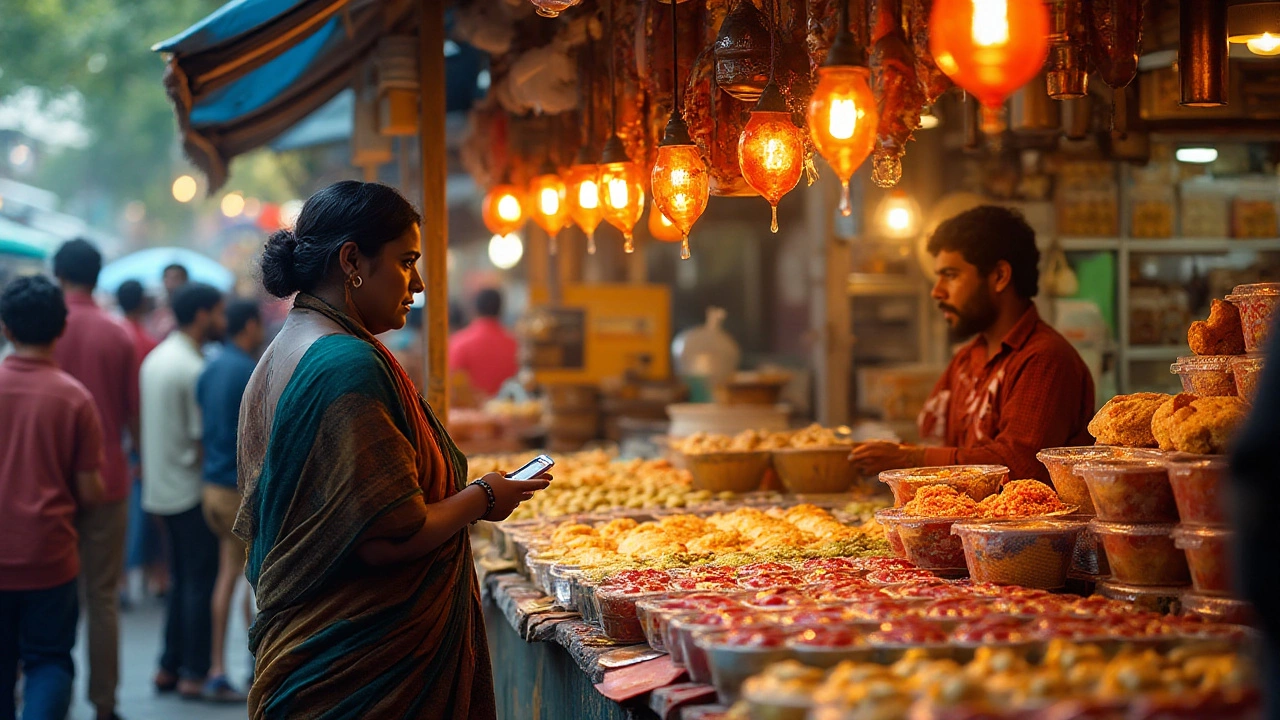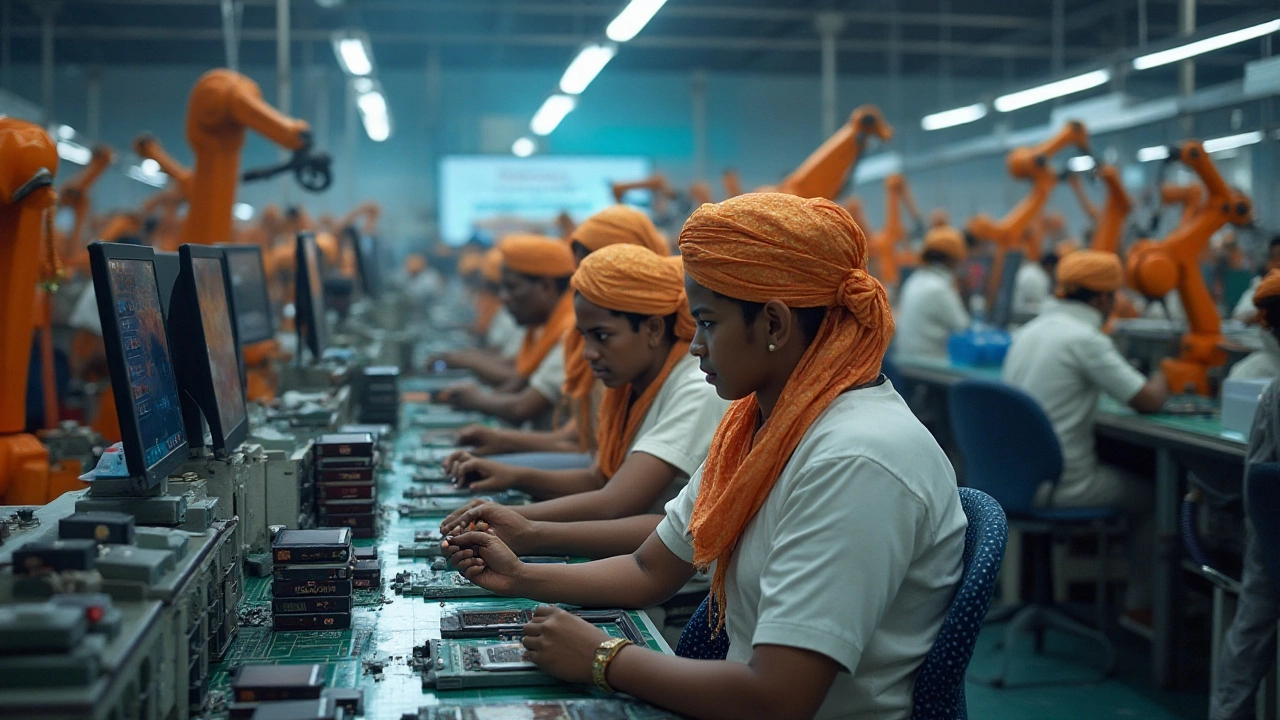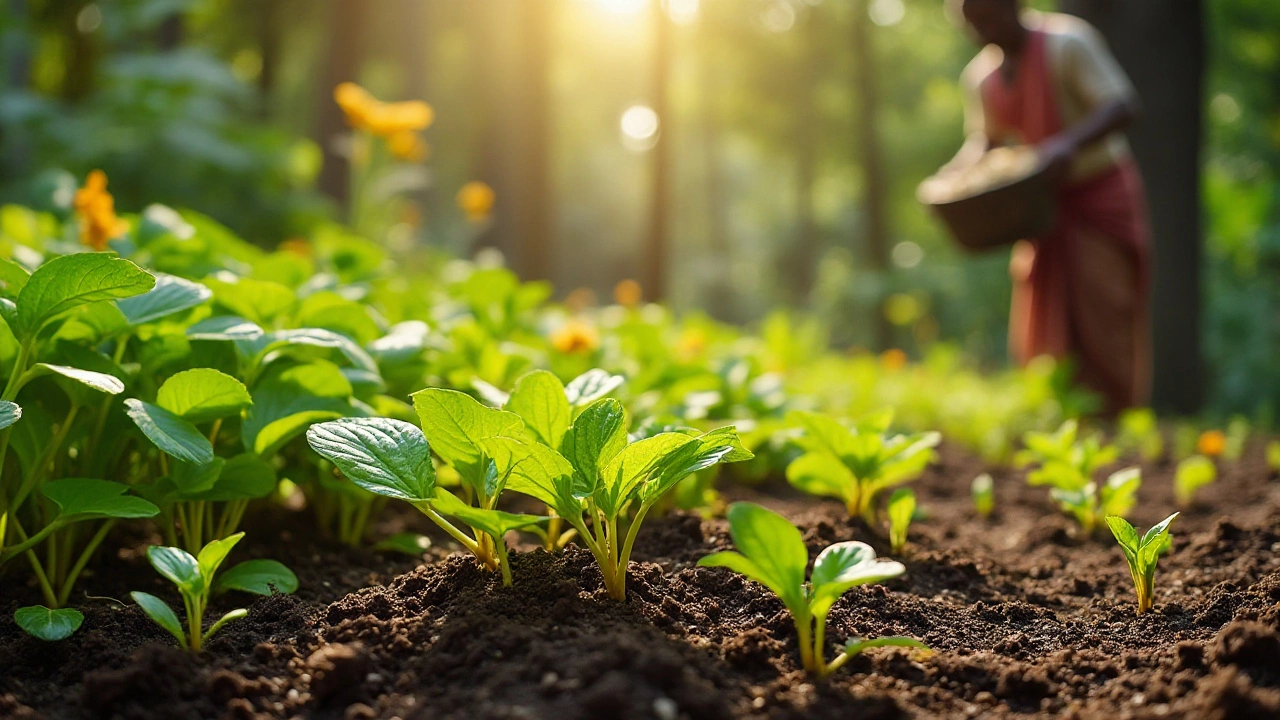Food Industry Overview
When talking about the food industry, the network of activities that turn raw farm output into the meals we eat. Also known as food sector, it covers everything from farming and processing to packaging and retail. In India, the food industry is a major economic driver, feeding billions while creating jobs across the nation.
One key driver behind the sector’s growth is sustainable agriculture, farming methods that protect soil, water, and biodiversity while maintaining yields. Sustainable agriculture requires efficient water use, crop rotation, and low‑impact fertilizers, all of which directly affect the quality and cost of raw ingredients for food processors. Another pivotal factor is plastic packaging, the material that keeps food fresh, safe, and transportable. Plastic packaging influences shelf life, consumer perception, and the environmental footprint of the entire supply chain. Meanwhile, rice production, India’s staple crop that feeds nearly half the world remains a backbone of the industry, shaping everything from pricing to export strategy.
Why the Food Industry Matters Today
Today's food industry isn’t just about calories; it’s about meeting rising demand for healthier, more ethical choices. The surge in vegetarian trends pushes manufacturers to develop plant‑based proteins, fortified snacks, and low‑fat alternatives. Those trends drive new processing technologies, tighter supply chains, and innovative packaging solutions. At the same time, manufacturers face pressure to cut waste and curb carbon emissions, which loops back to sustainable agriculture practices and recycling initiatives for plastic packaging.
Manufacturing itself adds another layer. Modern factories use automation, IoT sensors, and data analytics to boost efficiency and reduce energy use. This tech‑heavy approach requires skilled labor and continuous investment, but it also creates more stable product quality for consumers. The intersection of manufacturing and agriculture means that any breakthrough—like a drought‑resistant rice variety or biodegradable packaging—ripples through the entire industry, reshaping costs, market share, and consumer trust.
Regional differences also shape the sector. States such as Punjab and West Bengal dominate rice cultivation, while Maharashtra and Gujarat lead in processed food exports. Understanding these geographic nuances helps companies decide where to source raw material, locate processing plants, and target distribution networks. The food industry’s regional diversity enables localized product development that respects cultural tastes and seasonal availability.
Policy and regulation form the final piece of the puzzle. The Indian government’s "Make in India" push, combined with food safety standards like FSSAI, sets the rules for ingredient sourcing, labeling, and packaging. Compliance impacts everything from product design to market entry strategy. Meanwhile, global agreements on plastic waste management push the industry toward recyclable or compostable solutions, aligning local practices with international expectations.
All these elements—sustainable agriculture, plastic packaging, rice production, vegetarian trends, and modern manufacturing—create a dynamic ecosystem that constantly evolves. By grasping how each piece fits together, readers can better appreciate the articles below, which dive deeper into specific topics such as water‑wise gardening for food producers, the latest high‑pay factory roles shaping the sector, and the future of recycled plastics in food packaging.
Below you’ll find a curated selection of posts that break down each of these areas, offering practical tips, data‑driven insights, and real‑world examples you can apply right away.
Top Profitable Food Processing Units to Invest In
The food processing industry presents a range of opportunities for profitable ventures. As consumer preferences evolve and demand for ready-to-eat and value-added products rises, certain segments offer higher profitability. This article explores the most lucrative food processing businesses, providing useful facts and tips for entrepreneurs looking to invest. Understanding the market trends and consumer needs is crucial for success in this dynamic field.
- manufacturing
- India
- food processing
- garden tips
- rice cultivation
- government schemes
- balcony garden
- urban gardening
- balcony gardening
- profitable business
- business ideas
- plastic manufacturing
- drip irrigation
- plant care
- steel manufacturing
- sustainable gardening
- startup ideas
- steel industry
- flower gardening
- textile manufacturers






